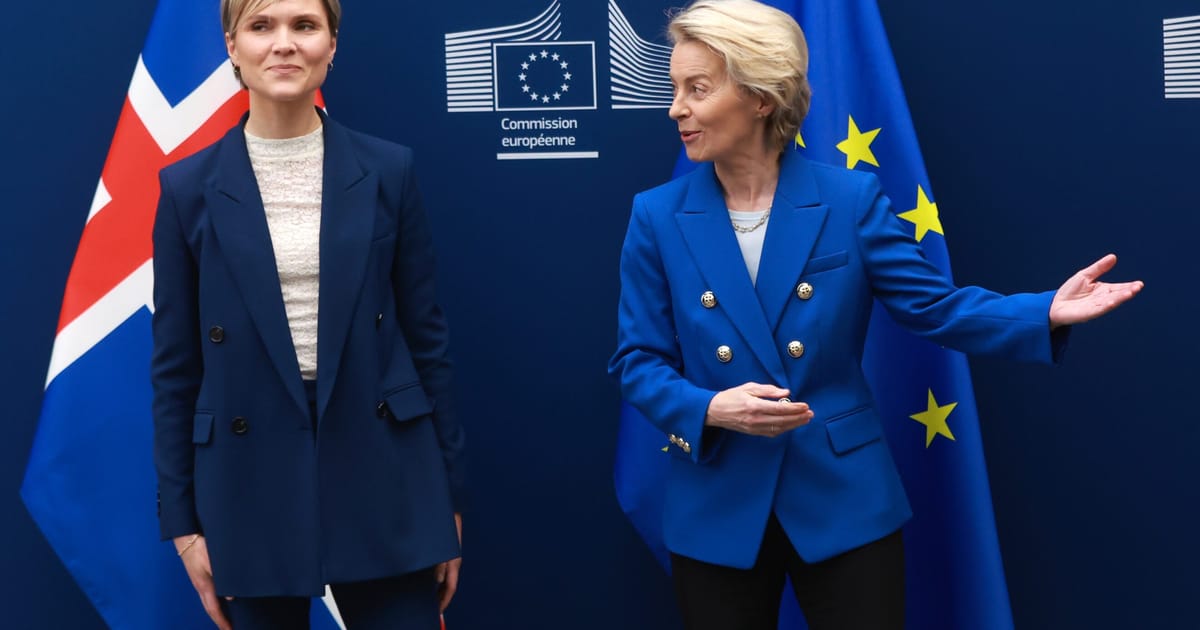

In a world marked by geopolitical challenges and shifts, nations are finding pathways to foster cooperation and dialogue in various arenas. Recent developments highlight how several countries are navigating complex international relations with a focus on diplomacy and mutual benefit.
Iceland, amid evolving global dynamics, is contemplating a renewal of European Union accession talks. This renewed interest is partly driven by the changing geopolitical landscape, including challenges such as potential trade disputes with the United States and other external pressures such as speculations over Greenland. These conditions have led Iceland’s leadership to reconsider its stance towards the EU, signaling a shift toward strengthening ties with the European bloc. The country’s foreign minister has expressed that there is an increasing domestic consensus on the potential benefits of re-engaging with the EU, which could pave the way for a more integrated and economically stable future for Iceland.
Meanwhile, Australia and China are witnessing a notable thaw in relations, as evidenced by the warm reception of Australian Prime Minister Anthony Albanese during his visit to Beijing. This diplomatic outreach marks a significant improvement from past tensions, illustrating a renewed commitment to dialogue between the two nations. Albanese’s visit included productive conversations with Chinese President Xi Jinping and successful business engagements, reflecting a shared interest in fostering economic and cultural ties. The visit also symbolically retraced historic steps with a nod to shared interests and mutual respect, thereby strengthening the bilateral relationship.
In another example of international cooperation, the United Kingdom and Germany are preparing to sign a bilateral treaty focused on tackling smuggling gangs and boosting defense and industrial collaborations. This agreement exemplifies a strategic partnership aimed at enhancing security and economic prosperity despite Britain’s post-Brexit landscape. By forging close ties without altering formal relationships with the EU, both nations demonstrate a pragmatic approach to addressing global security and economic challenges. This agreement is a reflection of the strategic foresight of UK’s leadership in maintaining influence and fostering strong ties with European partners.
On the Eastern front, Ukraine has shown readiness for peace talks, highlighting a continued desire for resolution and stability. Ukraine’s willingness to engage in dialogue underscores the country’s commitment to peace amid ongoing tensions with Russia. Discussions in Washington, D.C., involving EU representatives and U.S. officials, indicate efforts towards mutual understanding and cooperation on trade matters. These talks are critical in aligning policies and agreements that address tariffs and foster economic collaboration across the Atlantic. The EU’s proactive engagement signals its ongoing commitment to reinforcing ties with the U.S. while seeking solutions that enhance the collective economic landscape.
As these diplomatic efforts unfold, the global community is reminded of the importance of conversation, cooperation, and mutual respect in addressing the complexities of international relations. Each of these initiatives embodies a spirit of optimism and collaboration, serving as a gentle reminder that even amidst challenges, nations can find a path toward common ground and shared prosperity.
Source: {link}
